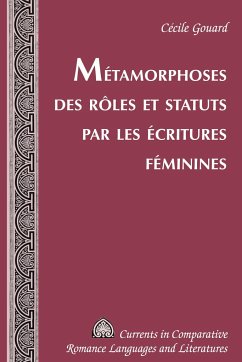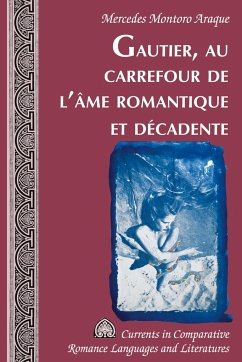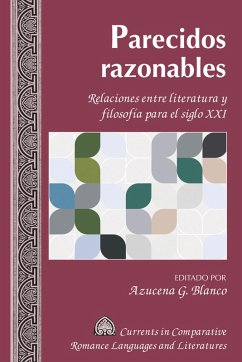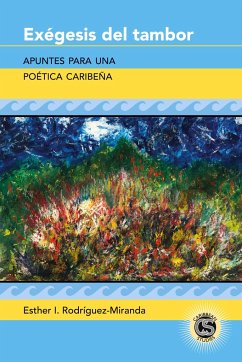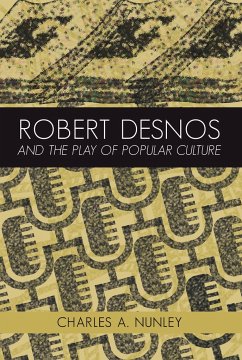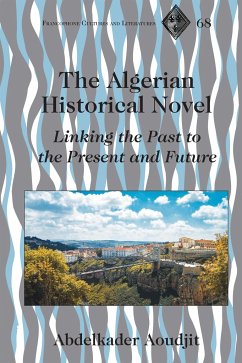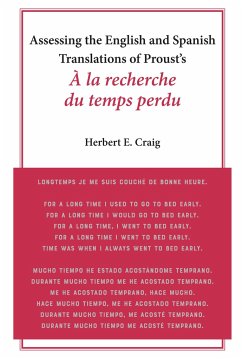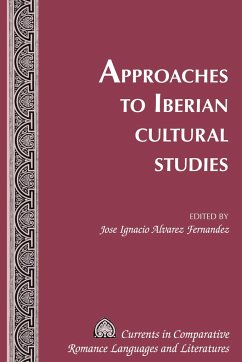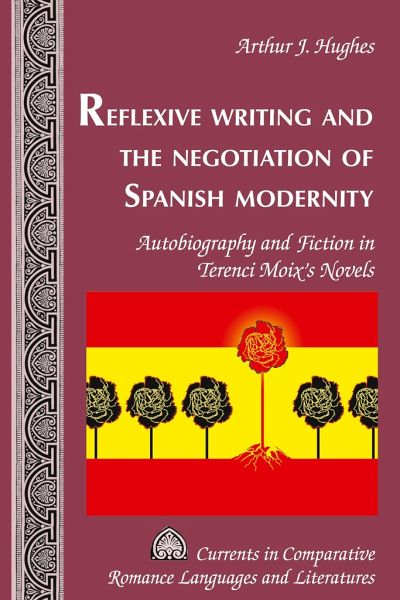
Reflexive Writing and the Negotiation of Spanish Modernity
Autobiography and Fiction in Terenci Moix's Novels
Herausgegeben: Alvarez-Detrell, Tamara; Paulson, Michael G.
Versandkostenfrei!
Versandfertig in 6-10 Tagen
102,50 €
inkl. MwSt.
Weitere Ausgaben:

PAYBACK Punkte
0 °P sammeln!
Covering nine major works of Catalan writer Terenci Moix, Reflexive Writing and the Negotiation of Spanish Modernity: Autobiography and Fiction in Terenci Moix's Novels places Moix's fictional prose against the backdrop of his autobiographical novels, thus highlighting the importance of the author's daily life experiences and their transmutation into the virtuality of fiction. This study, the first to look at Moix's works in both Catalan and Castilian, and in both autobiography and fiction, contests the implicit critical perspective that examines this period using the dichotomies of modernity/...
Covering nine major works of Catalan writer Terenci Moix, Reflexive Writing and the Negotiation of Spanish Modernity: Autobiography and Fiction in Terenci Moix's Novels places Moix's fictional prose against the backdrop of his autobiographical novels, thus highlighting the importance of the author's daily life experiences and their transmutation into the virtuality of fiction. This study, the first to look at Moix's works in both Catalan and Castilian, and in both autobiography and fiction, contests the implicit critical perspective that examines this period using the dichotomies of modernity/postmodernity and autobiography/fiction. It proposes Spanish modernity as a unique phenomenon that produces a distinctive personality as a result of the tensions of the period. Arthur J. Hughes's examination of Moix's modernity forces a new look at the notion of Spanish postmodernity usually assumed to be a result of the transition to democracy after the death of Franco, providing a new perspective on the separation of autobiographic and fictional genres that argues for the reflection of one in the other.







